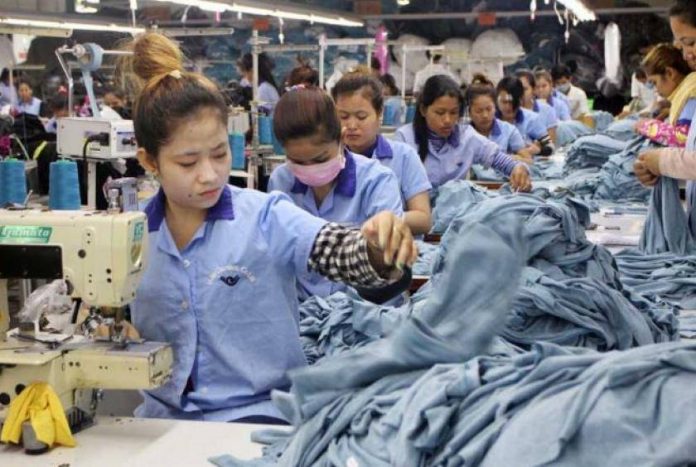After more than a year of discussion, the European Union decided to suspend Cambodia’s trade privileges under the “Everything But Arms” (EBA) scheme. The EU suspension is scheduled to affect more than 20 percent of Cambodia’s exports to Europe, or approximately $1.1 billion in exports every year. The move was designed to retaliate against authoritarian maneuvers made by strongman Prime Minister Hun Sen, who has cracked down on human rights, imprisoned members of the opposition, and severely curtailed the operation of a free press. Since 2001, Cambodia had been the second-largest beneficiary of the scheme, which accounted for about 40 percent of all items sent to the European Union.
In light of the partial suspension of the EBA scheme, there exists several major possibilities–none of which are healthy for Cambodia in the medium-term. Most importantly, the sanctions will not have the effect that the European Union intended, even if the normative pressure applied was well intentioned. The reason for this is rather simple. Cambodia, like other modern nation states, is not a fragile or isolated state. It has become a proxy for Chinese interests and its leader Hun Sen has the vast support and resources that only Beijing can offer. As Robert Pape famously noted, nationalism often makes states able to survive the kind of harsh punishments rather than deter from their own short-term national interests. Additionally, Cambodia has already stated that it will accept the high costs–including that of the suffering of the garment workers–in order to achieve its objectives. Even Hun Sen himself has said he would not “bow down” to any external pressure.
Even without the EBA scheme, Cambodia’s ties to other trading partners will likely remain strong. The evidence has been accumulating for years. In 2017, for example, Cambodian exports to Japan grew by almost five percent in the first half of that year. The Japanese External Trade Organization (JETRO) in 2017 announced that Cambodia sent more than $700 million northward, a 19 percent increase over the previous year. Bilateral trade between Cambodia and Japan has grown. In the first half of 2019, it reached more than $1 billion, up more than 16 percent year over year. Cambodia’s exports to Japan grew 12 percent, or more than $792 million. Trade between the two countries has a promising future. And quite predictably, exports to China also grew at a 19 percent clip compared to the previous year, as exports reached more than $634 million from January through November 2017. Now that the EBA scheme is partially gone, Cambodia will slowly reassess its trade relationships with other countries, even including Canada, to adapt to the textile deficit. The garment industry generated about $7 billion each year to the Cambodian economy. Exports to European markets totaled more than $5.4 billion in 2018.
The more pressing issue after the EBA withdrawal is that the West has a limited amount of leverage left to pressure Cambodia into democratization or human rights compliance. Cambodia has systematically reduced its ties to the West, in terms of economic, political, diplomatic channels and will take the necessary steps to alter its cross-border flow of trade and communication. Without these ties, no amount of Western economic pressure will be sufficient to curb authoritarian behavior. Many have speculated that the result of the EBA scheme will push Cambodia further into China’s orbit–if that’s still possible. Chinese President Xi Jinping has already reassured Cambodia that it will continue to support the local economy despite the EBA agreement suspension by the EU. Hun Sen has requested that Xi give Phnom Penh support by encouraging Chinese factories to stay in the country–regardless of the tariff status–and open the doors to more Cambodian exports into China.
The views and opinions expressed in this article are those of the author and do not necessarily reflect the official policy or position of The Geopolitics.

Mark S. Cogan is an Associate Professor of Peace and Conflict Studies at Kansai Gaidai University in Osaka, Japan. He is a former communications specialist with the United Nations in Southeast Asia, Sub-Saharan Africa, and the Middle East.


